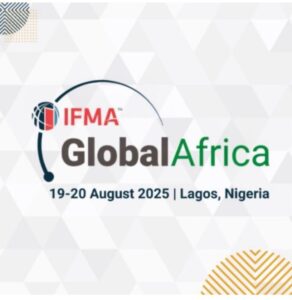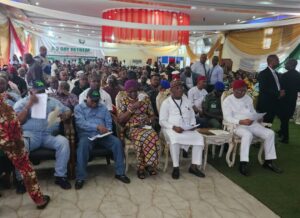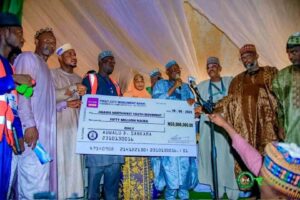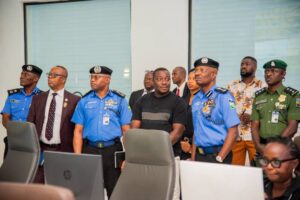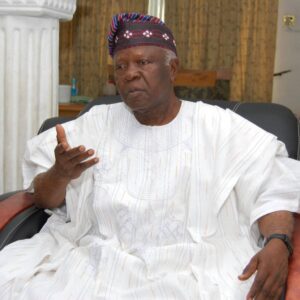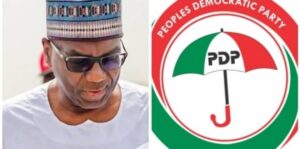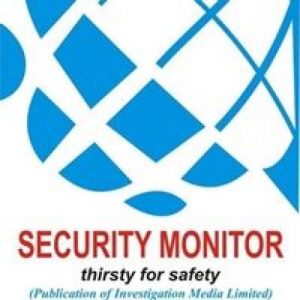Experts Train CBOs,Journalists On New Corruption Tracking Techniques
A training programme aimed at strengthening the capacity of Community
Based Organisations, (CBOs), bloggers, anti-corruption agencies
officials and media practitioners on new techniques of tracking
corruption and illicit wealth began in the North West city of Kano on
Monday.
Foreign experts joined by local resource persons led scores of
participants on technical and legal skills needed in the global
anti-corruption war. The training, which began in Kano, also takes
place in Abuja and Port Harcourt in coming days.
Nigerian leading anti-corruption group, Human and Environmental
Development Agenda, (HEDA Resource Centre), which organized the training
with the theme “Experts Training and Advocacy on Tracing and Recovery of
Illicit funds and Assets”, said, Nigerians needed to take over the
campaign against corruption and therefore own the process. He said the
training empowers individuals and community driven groups to deal with
corruption without necessarily relying on existing institutions for
sources of information at all times.
Two experts from Europe, Nick Hildyard and Christian Erikson led the
training on how participants could explore the internet to track illicit
weapons acquired by public officials. Other supporters of the training
programme are: The Corner House, Finance Uncovered, Kent Law School,
Premium times Centre for Investigative Journalism, MacArthur Foundation,
OSF/OSIWA among others.
The training covered technical areas including but not limited to Asset
Recovery Materials, How to Draft Complaints, how to spot and detect
money laundering, Making Freedom of Information Requests (FOI),
Obtaining Company Registration Document, search for property records
among many others.
A new dimension was brought to the anti-corruption training when one of
the United Kingdom-based experts, Mr. Nick Hildyard said London remains
one of the leading corruption centres in the world where billions of
illicit funds pass through every year, blaming the trend on official
complicity by political office holders in the UK.
He said, corruption is a virus while the people are the anti-bodies
necessary to fight and exterminate the scourge.
Speaking at the session, HEDA Chairman, Mr. Olanrewaju Suraju said
corruption is a major problem that requires constant anti-vice
innovations by the citizens. He said one of the most strategic ways of
fighting corruption is to empower the people to act on their own. He
said, stability and sustainable livelihood in Nigeria depends on the
capacity of Nigerians to fight corruption.
“There is a link between corruption and violence. For instance, Kano and
the North West are some of the victims of violence. In the face of
institutional anti-corruption efforts, people are damning the law.
Corruption has impact on utilities like water, roads, security which
Nigerians are being made to privately pay for individually. This means
that the government is eroding her responsibilities. Money is allocated
for services not rendered. We can checkmate this by fighting corruption.
Public officials are building personal homes and investing in huge
projects. It is time to ask questions about corruption.” Suraju said.
Hildyard stated “I have been working on human rights and corruption for
about 40 years. You may think UK is a very uncorrupt country, but London
is one of the money laundering centres of the world. What we have in UK
is legal corruption. We need to work together. We all need to get
involved. It’s remarkable what a small group of people can achieve.” He
said in the UK, the group he leads has been described as “a small dog
with a very large bite”, adding that Nigerians can replicate the same
strategy of making corrupt people and institutions restless.
Hildyard said further “Our efforts have led to changes in UK, including
legal amendments. Corruption is a virus and citizens coming together,
they are the anti-bodies. You may think that tracing assets of
corruption is a difficult thing to do, it is but it is not an impossible
task. It’s our job to use the internet to work on tracing illicit
assets.”
Representative of the Chairman of the Code of Conduct, Zephaniah Bulus
said every time Nigerians keep talking of corruption. “Corruption is
behavioural. On a daily basis, it forms the negative aspects of our
life. While looking for illicit assets, there are liabilities. There
should be responsibilities according to law, There are public officers
that must declare their assets. This is stipulated in Section 52 of the
Nigerian constitution. The law covers public officers in the Executive,
Legislative and the judicial arm of government.”
He said Section 15 of the Code of Conduct Bureau stated that public
officers must declare their assets immediately after taking over office
and that there should be declaration in every four years whereas any
statement in any declaration that is found to be false is a breach of
the Code of Conduct Bureau. Other resource persons at the session were
Prof Shehu Abdullahi, Mr. Emmanuel Anyaegbunam, Mr. Y. Z. Yau, Nurudeen
Ogbara, Mr Dapo Olorunyomi and Prof Deji Adekunle.

